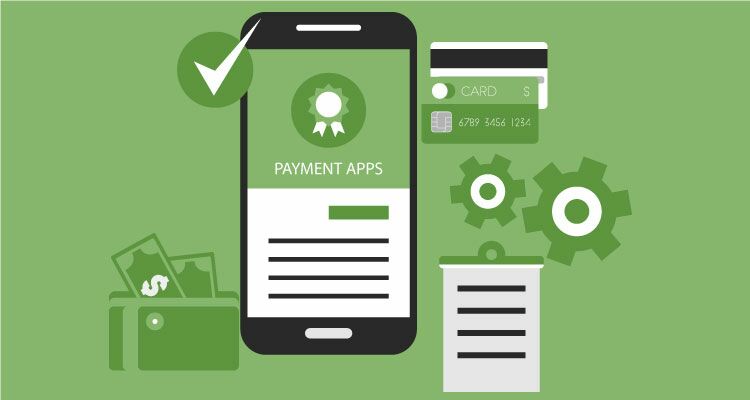I don’t know about you, but I don’t miss the days of getting paid with an actual piece of paper, aka a check. After receiving my paycheck, I would have to visit my local bank, deposit the check, and wait for the funds to become available. I know. That’s not the end of the world. But, what if I couldn’t make it to bank in-time on a Friday night? Or, what if I deposited the check on Saturday morning, but a bill is due Monday morning? I would be in a bit of a bind. That’s when a digital wallet comes in handy.
Thankfully, there are more than enough ways for me to receive and send funds digitally and remotely. Not only are these ways more convenient, they’re also faster, cheaper, and better for the environment as opposed to writing out checks every week. And, in case you weren’t aware, Millennials would rather be paid digitally as well.
With that in mind, here are 5 ways that you can pay your employees with a mobile digital wallet.
Table of Contents
Toggle1. Built-In Platforms
If you’re using invoicing, payroll, or freelancer platforms, then you easily send money to employees or remote workers their mobile wallets within that platform. For example, if you receive an invoice from an employee using our Due Mobile Wallet, then you can pay that invoice by adding funds to the employee’s digital wallet – whether by credit card, bank account transfer, or cryptocurrency like bitcoin.
Of course, Due isn’t the only platform that allows you to directly pay employees payroll. PayPal, Quickbooks Payroll, and SurePayRoll also allow you to send funds to mobile wallets through the use of apps.
If you hire freelancers through platforms like Upwork, you should be able to pay those contractor directly from the platform by transferring money from your account to your freelancer’s. So, if their account is synced to a mobile wallet then they should be able to receive and access funds from their phone.
2. Peer-to-Peer Payments
Peer-to-peer payment mobile platforms like Due have become increasingly popular. And, it’s easy to understand why. Just create a free account, download the app, and pay people directly from your bank account, debit cards, or your Due ebank. The recipient can then access the funds through their digital wallet. That means you can use P2P payment platforms to do more than just lend money to friends.
You’ll have to manually input how much money you’re sending, but overall this is a convenient, secure, and affordable method to pay employees. And, transactions usually occur in one business day.
3. Mobile Carrier Billing
Vodafone’s mobile phone-based money transfer, financing and microfinancing service, M-Pesa allows employers to pay employers directly from their phone. This is possible because funds are transferred from one M-Pesa account to another. Even if employees don’t have a bank account, their M-Pesa account is a wallet that holds their salary. They can then use a M-Pesa Visa card to withdraw money from ATMs.
Other companies like Boku, Fortumo and Zong also allow for purchases to be charged to your mobile carrier, although these may be better suited for online merchants selling products online, as opposed to payroll options.
PayPal, however, has also gotten in on the action by letting you send payments to a mobile phone number.
4. Direct Deposit to a Bank Account
It shouldn’t be surprising that more and more banks and credit unions are beginning to offer mobile wallets, such as Chase QuickPay. This allows you to transfer money from your bank account to your employee’s bank account. It’s convenient and easy-to-use since you just need the recipient’s mobile number or email address. This person-to-person payment system is also secure since neither parties financial information is shared.
Don’t have an account with a traditional brick-and-mortar financial institutions? No problem. There are online options, such as Circle and Paytoo that allow you to transfer funds between mobile wallets.
5. Bitcoin Wallets
Finally, you can use blockchain technologies to pay employees through cryptocurrencies like bitcoin. Transferring funds from one bitcoin wallet to another is fast since you don’t have to go through multiple banks and it can save you money since it cuts out those pricey transaction fees.
Some wallets, such as Bitwage, allow employers to pay employees in their respective currencies by using bitcoin as a middleman to transfer the funds. Other bitcoin wallets to consider for paying employees include Coinbase, Bitcoin Wallet, and Copay.














